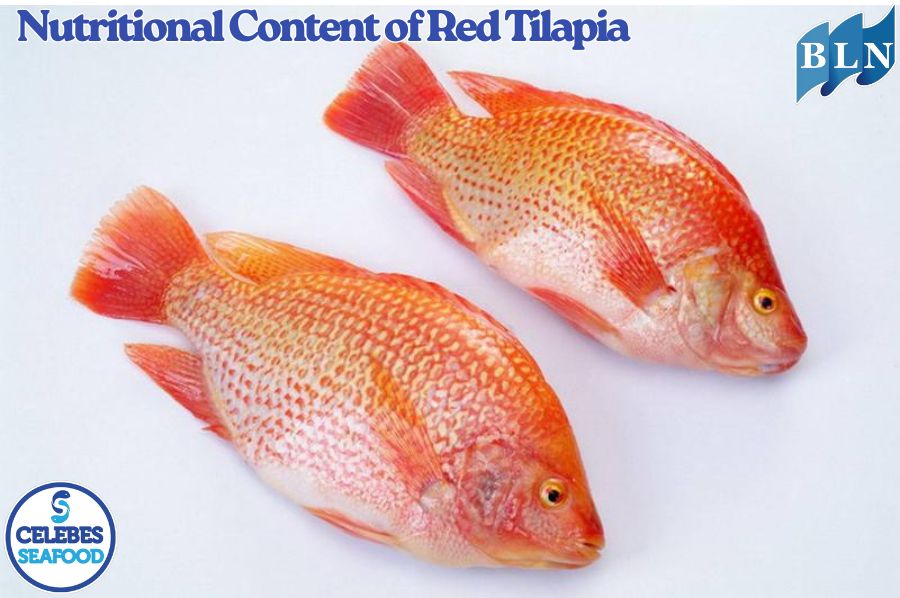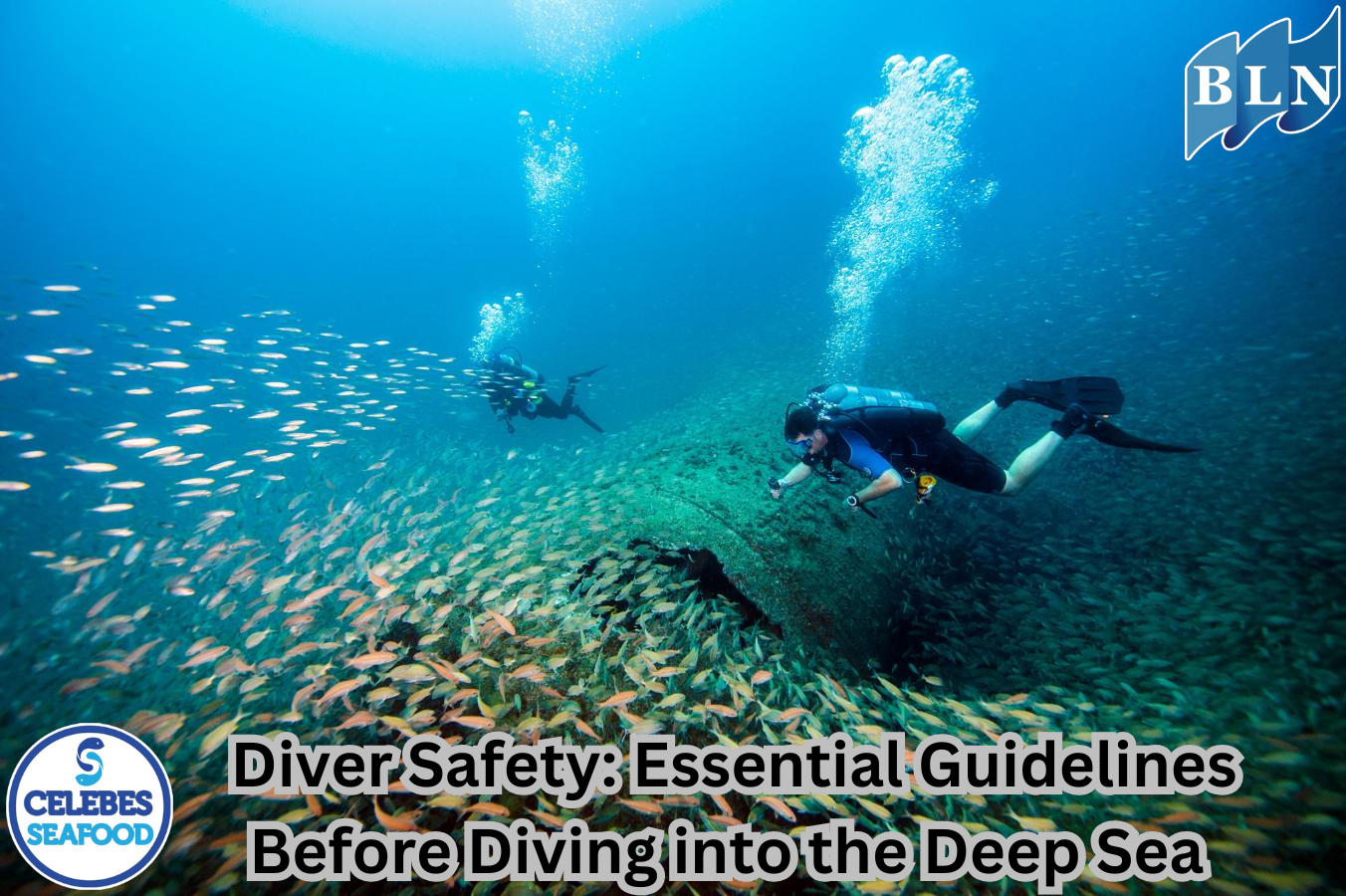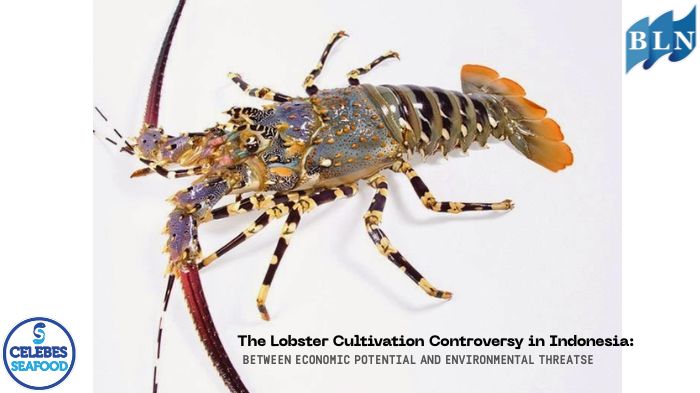The Threat of Illegal, Unreported, and Unregulated (IUU) Fishing and Its Impact on Indonesia's Maritime Economy
By. Edi - 01 Aug 2025 and Its Impact on Indonesia's Maritime Economy.jpg)
lautnusantara.com Indonesia, as the world's largest archipelagic nation with a vast coastline and abundant marine resources, faces a serious threat from Illegal, Unreported, and Unregulated (IUU) Fishing. This phenomenon not only erodes the potential of the maritime economy but also damages marine ecosystems and threatens the livelihoods of local fishermen.
A. What is IUU Fishing?
IUU Fishing is a term encompassing three types of unlawful fishing activities:
- Illegal Fishing: Fishing conducted without a permit, in violation of national laws and regulations, or in violation of international regulations. Examples include fishing in Indonesian waters without a Fishing Permit (SIPI), the use of prohibited fishing gear such as trawl nets, or falsification of vessel documents.
- Unreported Fishing: Fishing activity that is not reported or misreported to the relevant authorities. This could include manipulation of catch data, illegal transhipment (transfer of fish at sea), or failure to activate the vessel monitoring system (VMS).
- Unregulated Fishing: Fishing activities in areas without clear conservation and management regulations, or operations that do not comply with the state's responsibility for preserving fish resources.
B. The Impact of IUU Fishing on Indonesia's Maritime Economy
The impact of IUU Fishing on Indonesia is significant and detrimental across various sectors, including:
1. Fantastic State Economic Losses
IUU Fishing causes enormous state losses due to the loss of potential non-tax state revenue (PNBP) and tax revenue from the fishing industry. The Ministry of Maritime Affairs and Fisheries (KKP) noted that from 2020 to 2025, state losses saved from IUU Fishing practices reached IDR 13 trillion. This figure could be much higher if all undetected losses are taken into account. Some studies even estimate that total losses due to IUU Fishing could reach tens to hundreds of trillions of rupiah per year.
2. Declining Fish Stocks and Environmental Threats
IUU fishing practices often employ fishing methods that damage marine ecosystems, such as the use of trawl nets or explosives. This results in a drastic decline in fish stocks, damage to coral reefs, and the destruction of other marine habitats. If allowed to continue, this will threaten the sustainability of fish resources in the future and lead to a seafood crisis.
3. Social Impact on Local Fishermen
IUU fishing directly impacts traditional and local fishermen. The decline in fish stocks due to illegal fishing has drastically reduced local fishermen's catches, threatening their livelihoods and driving poverty in coastal communities. Furthermore, illegal fishing activities by foreign vessels often trigger conflicts with local fishermen.
4. Fish Processing Industry Lacks Raw Materials
The reduced catch due to IUU fishing has a ripple effect on the fish processing industry. Many fish processing factories lack raw materials, disrupting operations and even leading to layoffs.
5. Obstacles to Growth in the Fisheries Sector
As one of the world's largest fish producers, Indonesia should have a strong position in fisheries exports. However, due to IUU fishing practices, Indonesia has not been able to maximize this potential and is not even among the top 10 largest fish exporting countries. This hampers the growth of the fisheries sector as a whole and prevents Indonesia from maximizing economic benefits from its marine resources.
C. Indonesia's Efforts to Eradicat IUU Fishing
The Indonesian government has taken various decisive measures to address IUU fishing, including:
- Strict Law Enforcement: Maritime patrols have been intensified through the Ministry of Maritime Affairs and Fisheries (KKP), the Indonesian Navy, and the Maritime Security Agency (Bakamla). A policy of sinking foreign vessels caught engaging in illegal fishing has also been implemented to provide a deterrent effect.
- Regulatory Strengthening: The enactment of Presidential Regulation No. 115 of 2015 concerning the Task Force for the Eradication of Illegal Fishing (Satgas 115) demonstrates the government's commitment.
- Utilization of Technology: The use of satellite-based vessel monitoring systems (Vessel Monitoring Systems/VMS) helps detect illegal activity in real time.
- Regional and International Cooperation: Indonesia collaborates with neighboring countries and global organizations, such as through the Regional Plan of Action to Promote Responsible Fishing Practices, including Combating Illegal, Unreported, and Unregulated Fishing (RPOA-IUU), to share information and strategies to eradicate IUU fishing.
- Community Empowerment: Education and outreach to local fishermen about the importance of maintaining the sustainability of marine resources are also continuously promoted.
Eradicating IUU fishing is an ongoing effort that requires synergy from all stakeholders. By safeguarding maritime sovereignty and its rich resources, Indonesia can realize its full maritime economic potential and ensure sustainability for future generations.
If you are interested in our OCTOPUS WHOLE CLEANED BALL TYPE, OCTOPUS LEGS, OCTOPUS WHOLE CLEANED FLOWER TYPE please do not hesitate to contact us through email and/or whatsapp.








